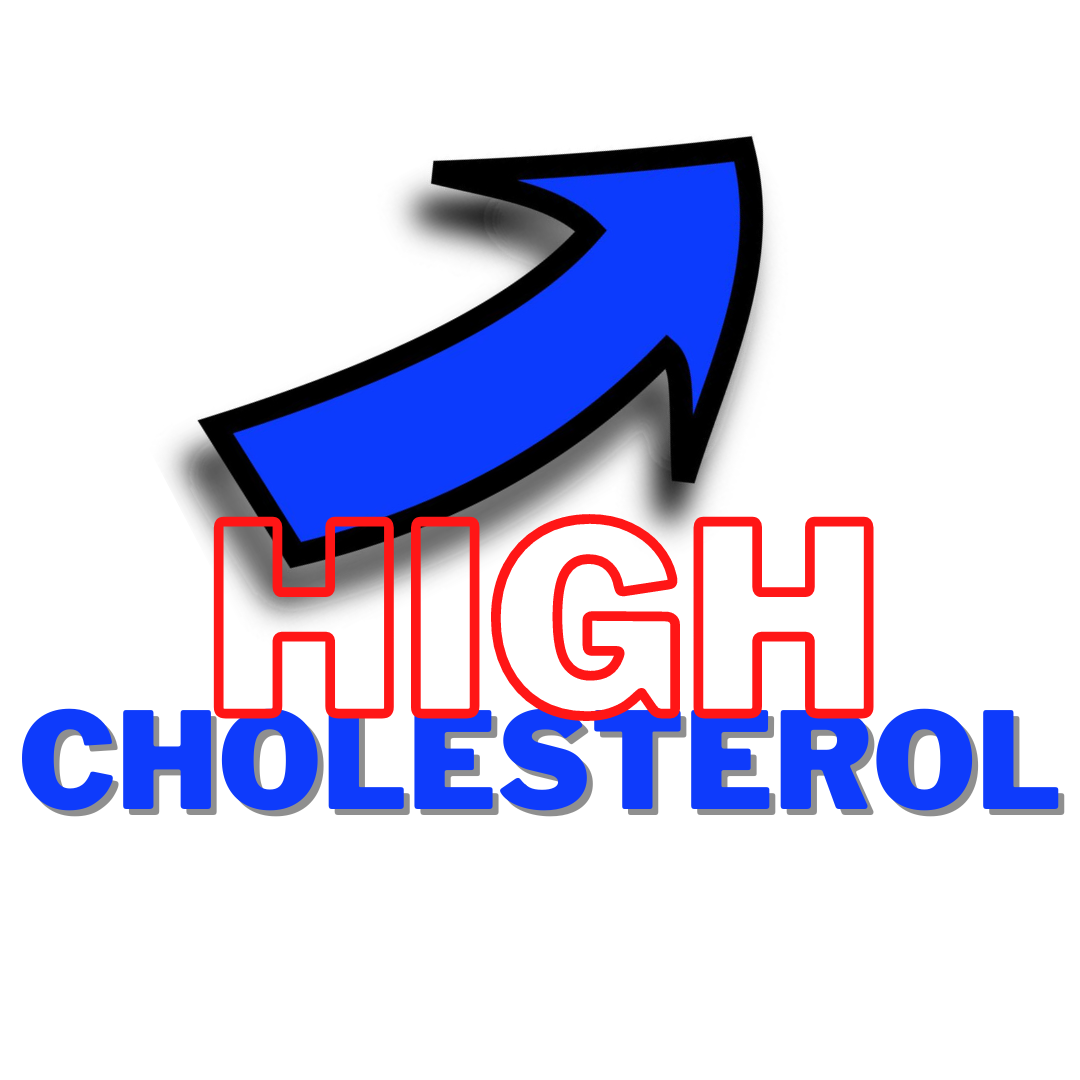We’ve all heard that we should watch out for high cholesterol, but what is it, and what do we need to know about cholesterol?
What is Cholesterol?
Cholesterol is a waxy, fat-like substance found in your blood. Your liver produces cholesterol, and it’s also in some foods such as dairy and meat products. Your body needs cholesterol to build healthy cells, but if you have too much cholesterol in your body it can increase your risk for heart disease and stroke.
How Can High Cholesterol Cause Heart Disease?
Having a high level of cholesterol in your blood can lead to plaque buildup in the arteries. Over time this buildup causes “hardening of the arteries”. Arteries become narrowed and blood flow to the heart is restricted or blocked. Blood carries oxygen to your heart, and without enough oxygen, you can suffer from chest pains. And if the blood flow to your heart is completely blocked by plaque, it causes a heart attack.
What Factors Increase My Risk of High Blood Cholesterol?
Family History – Genetics partly plays a role in how much cholesterol your body produces. High cholesterol can run in families.
Age & Gender – As we age cholesterol levels tend to rise. Men typically have a higher LDL than women until the onset of menopause. Post-menopausal women tend to show an increased level of cholesterol in their blood.
Diet, Weight, and Exercise – Being overweight, unhealthy eating habits and lack of physical activity can lead to high blood cholesterol.
What Can I Do to Reduce High Cholesterol?
Screening – Knowing your cholesterol levels can help you stay in control of your health. You should get your cholesterol checked at least every 5 years. If you have risk factors for heart disease, talk with your family doctor about getting tested more often. Cholesterol screening is done with a simple blood test that measures:
- LDL (bad) Cholesterol – is the main culprit behind plaque buildup.
- HDL (good) Cholesterol – helps clear arteries of cholesterol buildup.
- Triglycerides – another type of fat found in the blood.
- Total Cholesterol – a measure of the total amount of cholesterol in your blood.
Lifestyle Changes – By making healthy lifestyle choices you can lower your risk of high blood cholesterol levels. Choose healthy foods that are high in fiber and avoid foods that are high in saturated fat, sugar, and salt. Stay Active! You should try to get at least 30 minutes of exercise per day. Don’t smoke. Smoking damages blood vessels and increases your risk for heart disease and stroke.
Medication – Combined with healthy lifestyle choices, cholesterol-lowering medications can be highly effective. Your family physician can help you decide if this is the right option for you.
Heart disease is the number one killer of men and women in the United States. High blood cholesterol puts you at risk for heart disease. If you have concerns about your risk of high cholesterol and heart disease and would like to speak with one of our caring medical professionals, contact our family medical practice for an appointment. As part of your medical team, we are here to provide you with the best care in all aspects of your health needs, including managing your cholesterol levels. For more information on our medical practice, or to make an appointment contact River Bend Medical Associates, or call 916-392-4000.


